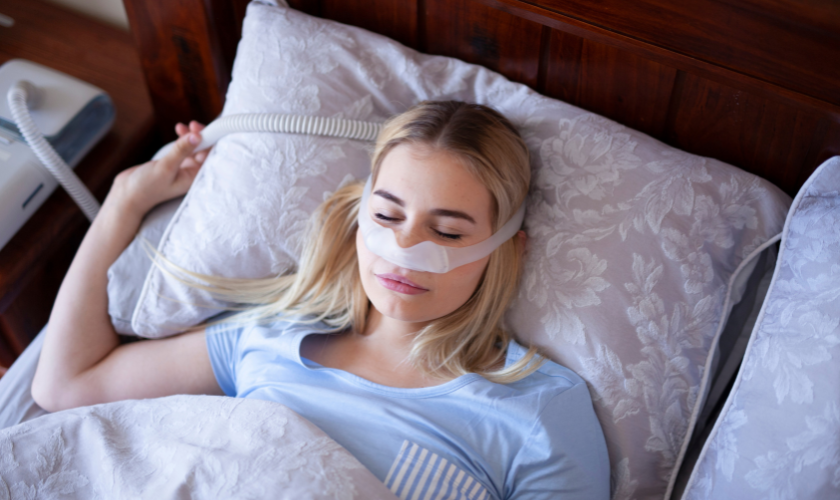
January 15, 2024
Sleep Apnea
The demands of modern life often lead to compromised sleep patterns, and one of the most alarming consequences is excessive daytime sleepiness (EDS) resulting from sleep apnea. It is a sleep disorder characterized by interruptions in breathing during sleep, leading to fragmented and poor-quality sleep. In this comprehensive blog, we will unravel the relationship between sleep apnea and excessive daytime sleepiness, shedding light on the risks associated with this common yet often underestimated condition.
What Is Sleep Apnea?
Sleep apnea comes in two main forms: Obstructive Sleep Apnea (OSA) and Central Sleep Apnea. OSA, the more general type, occurs when the muscles at the back of the throat relax excessively, causing a temporary blockage of the airway. Central sleep apnea, on the other hand, results from a failure of the brain to transmit the appropriate signals to the muscles that control breathing. Both types can contribute to excessive daytime sleepiness.
Risks Of Excessive Daytime Sleepiness
Impaired Cognitive Function
One of the most significant risks associated with excessive daytime sleepiness is damaged cognitive function. Individuals experiencing EDS may struggle with memory lapses, reduced attention span, and difficulty concentrating, affecting their overall productivity and quality of work.
Increased Risk of Accidents
Driving or operating heavy machinery with EDS can be perilous. The compromised alertness and slower reaction times associated with daytime sleepiness raise the risk of accidents, both on the road and in the workplace.
Strained Relationships
Chronic sleepiness can strain relationships as individuals may feel irritable, moody, or lack the energy to engage in social activities. This can lead to misunderstandings and a diminished quality of life for both the affected individual and their loved ones.
Mental Health Implications
The link between sleep apnea, excessive daytime sleepiness, and mental health is well-established. EDS can contribute to mood disorders, such as depression and anxiety, boosting the challenges faced by individuals already grappling with the effects of interrupted sleep.
Compromised Cardiovascular Health
It has been associated with an increased risk of cardiovascular issues, including hypertension, heart disease, and stroke. Excessive daytime sleepiness further exacerbates these risks by contributing to stress on the cardiovascular system.
Decreased Productivity And Performance
EDS can significantly impair an individual’s ability to perform well at work or in academic settings. Reduced productivity and a decline in overall performance are common consequences, impacting career growth and personal achievements.
Weight Gain And Metabolic Disruptions
Sleep apnea and daytime sleepiness can disrupt the body’s hormonal balance, leading to an increased appetite and potential weight gain. Additionally, metabolic processes may be negatively affected, contributing to conditions such as insulin resistance.
Quality of Life Decline
Chronic excessive daytime sleepiness can take a toll on an individual’s overall quality of life. The persistent feeling of fatigue and the associated physical and mental challenges can lead to a diminished sense of well-being.
Addressing The Risks
Recognizing the risks associated with excessive daytime sleepiness is the first step toward mitigating its impact. Seeking professional medical advice and undergoing a sleep study for an accurate diagnosis are crucial. Treatment options may include lifestyle modifications, such as weight management and positional therapy, as well as the use of Continuous Positive Airway Pressure (CPAP) devices or other interventions tailored to the specific needs of the individual.
Prioritize Sleep For A Balanced Life
Excessive daytime sleepiness is a serious concern with far-reaching consequences. From impaired cognitive function and increased accident risks to compromised mental health and cardiovascular issues, the impact of EDS extends beyond the realms of a simple lack of energy. Recognizing the signs, seeking timely medical intervention, and exploring appropriate treatment options are paramount in addressing the risks associated with sleep apnea-related excessive daytime sleepiness. By prioritizing sleep health, individuals can reclaim their lives and work towards a more fulfilling and balanced life.
Recent Posts
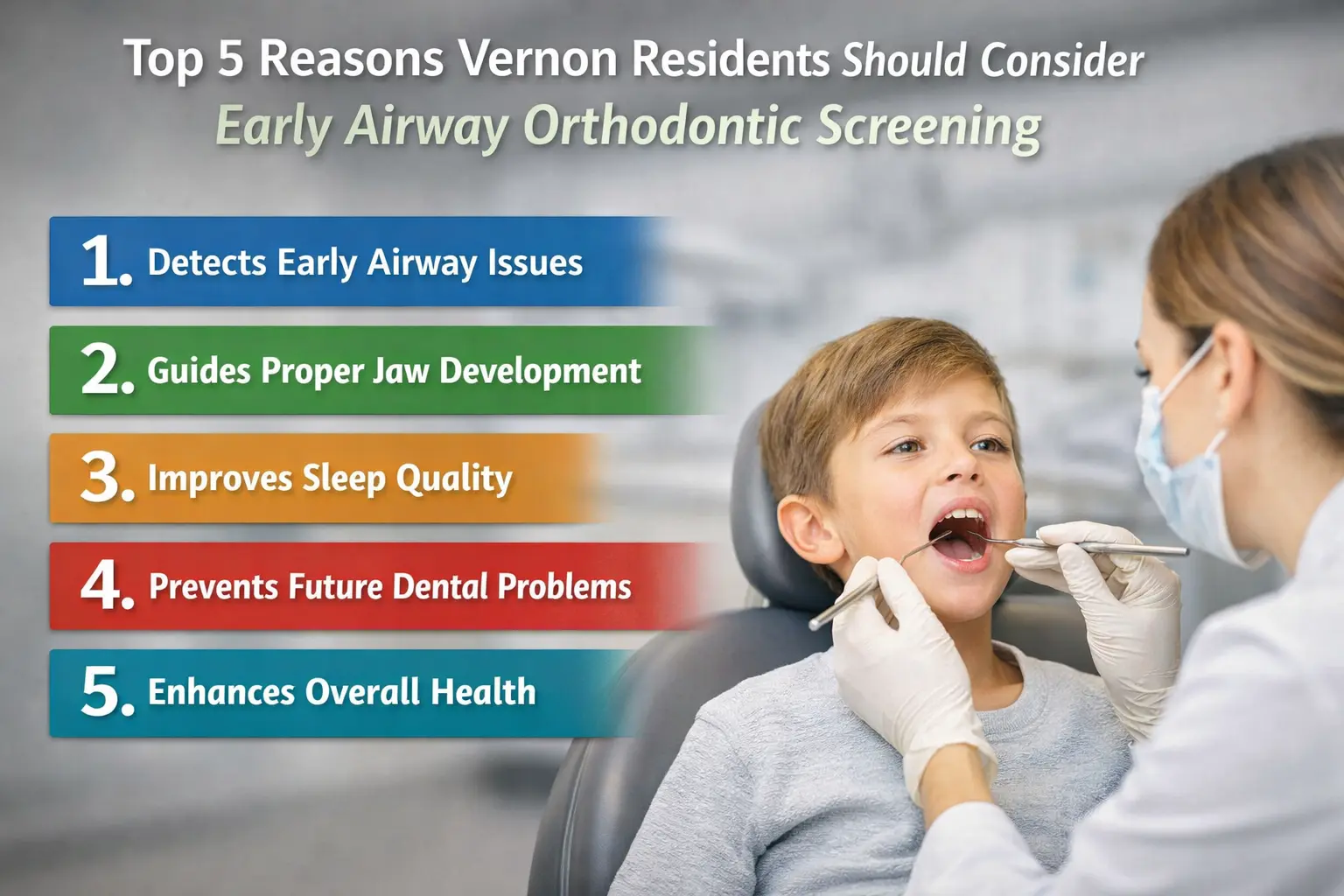
Top 5 Reasons Vernon Residents Should Consider Early Airway Orthodontic Screening
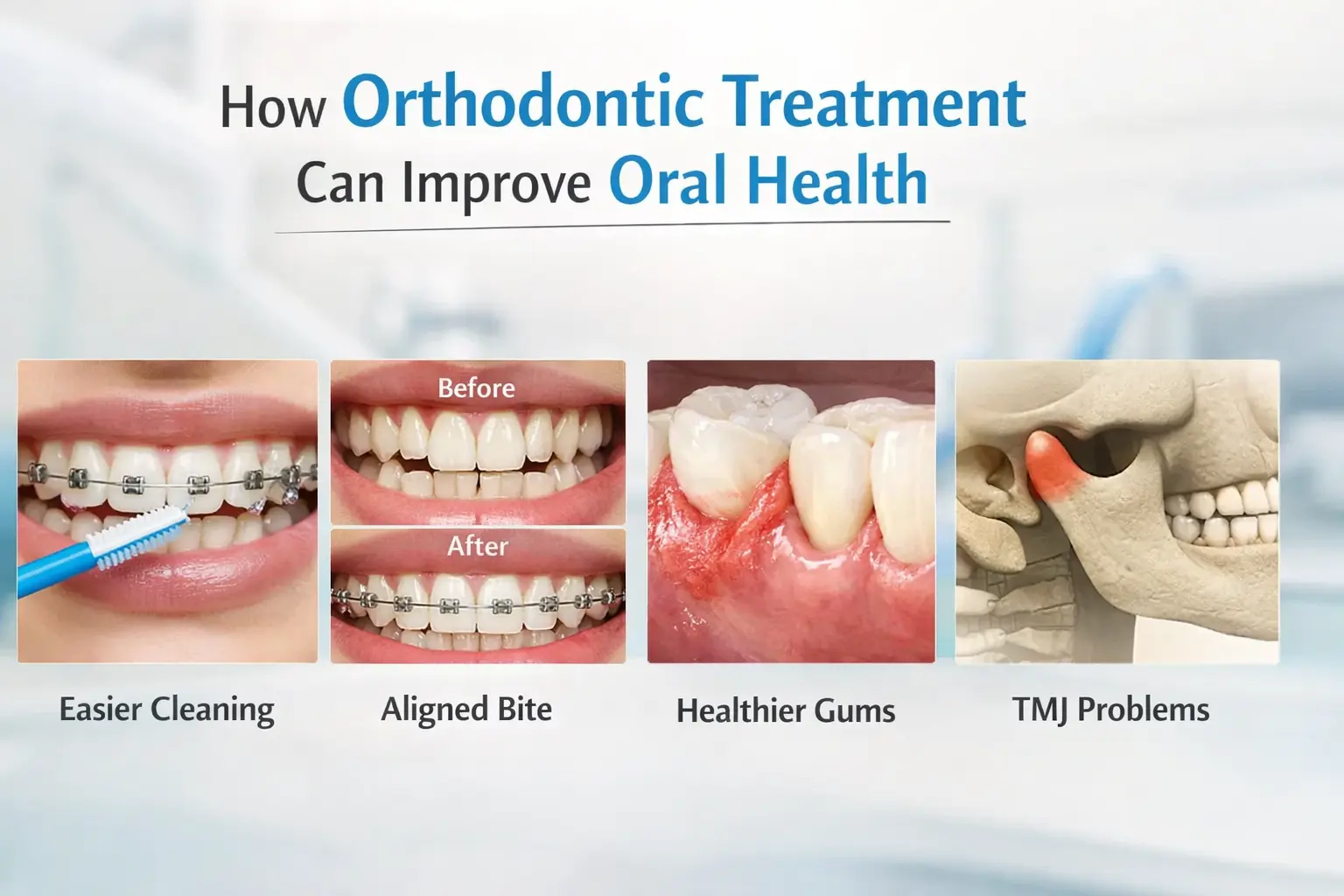
How Orthodontic Treatment Can Improve Oral Health
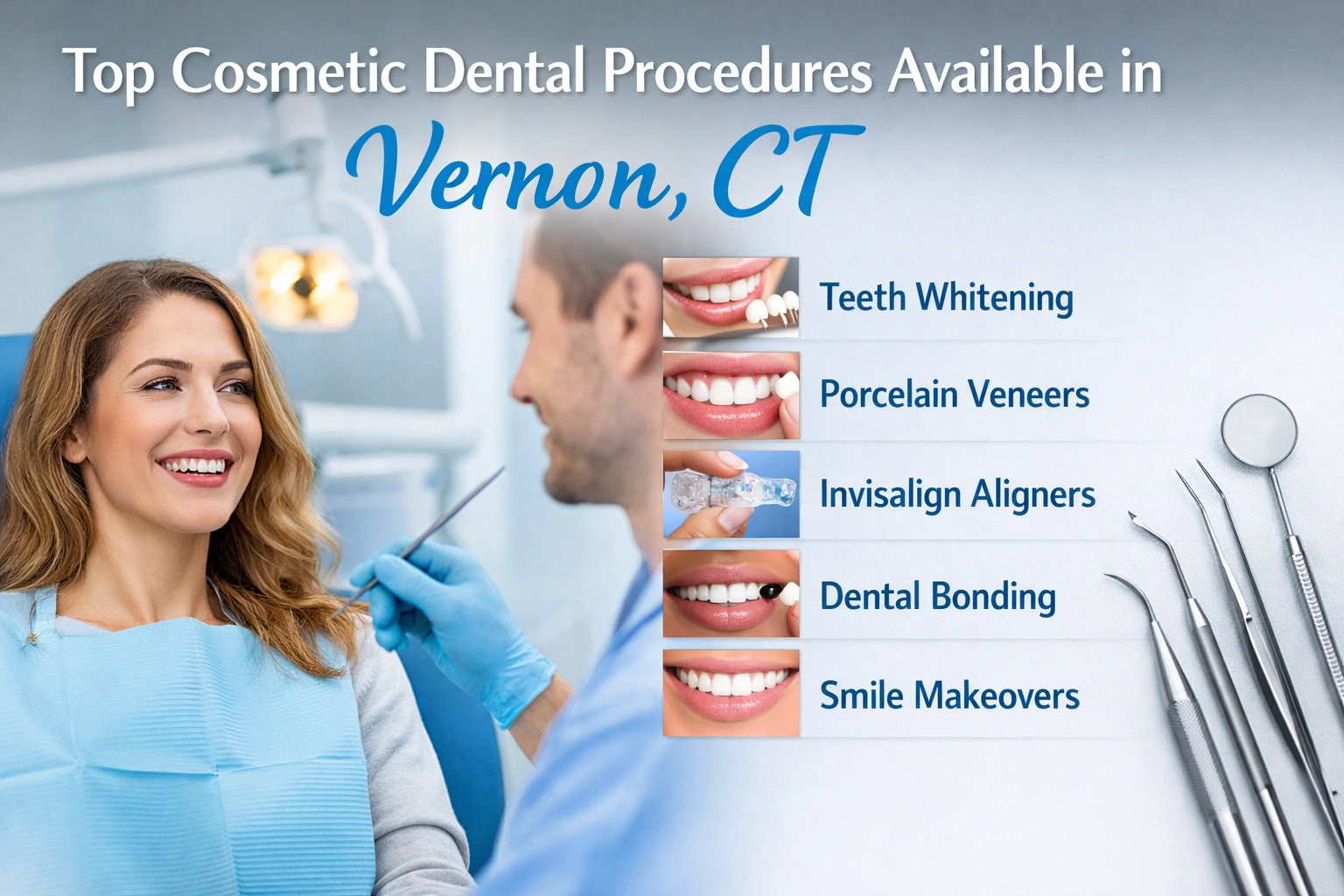
Top Cosmetic Dental Procedures Available in Vernon, CT
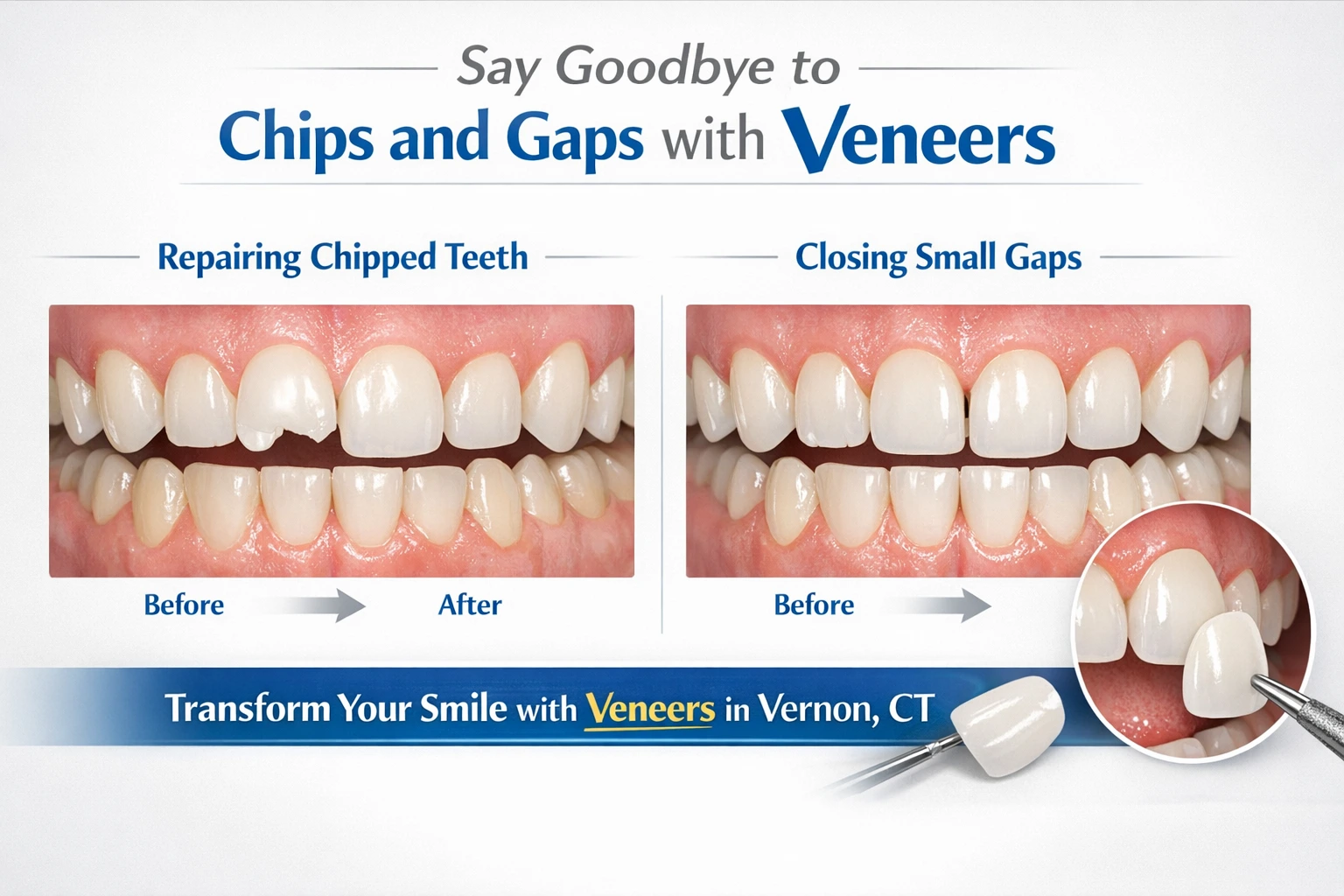
How Veneers Address Structural Imperfections Like Chips And Small Gaps

